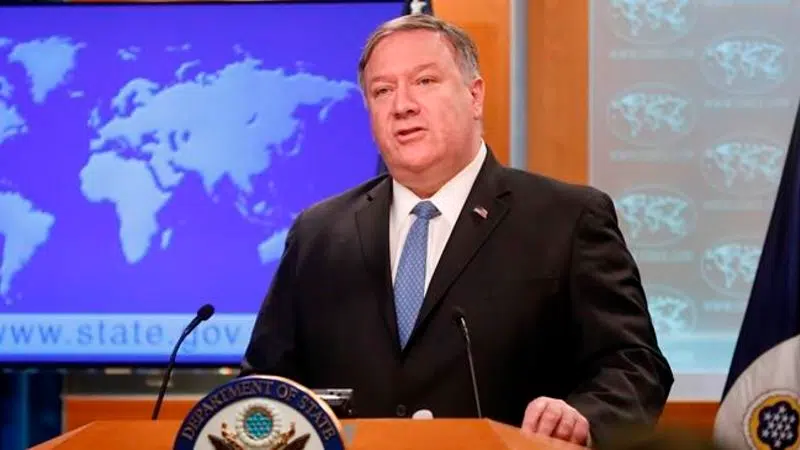
Canada, EU punch back at U.S. Cuba shift, vow to defend their companies
OTTAWA — Canada and the European Union vowed on Wednesday to protect their businesses from the Trump administration’s new policy to allow lawsuits against foreign companies connected to properties seized from American firms during the Cuban revolution.
The defiant response was tempered by warnings that the landmark tightening of the U.S. trade embargo on Cuba’s communist government would only generate uncertainty and chaos in North American boardrooms and courtrooms.
The Trump administration followed through Wednesday on a lingering threat to allow legal action — a move that places Canadian resource, tourism and financial services companies at risk in American courts.
